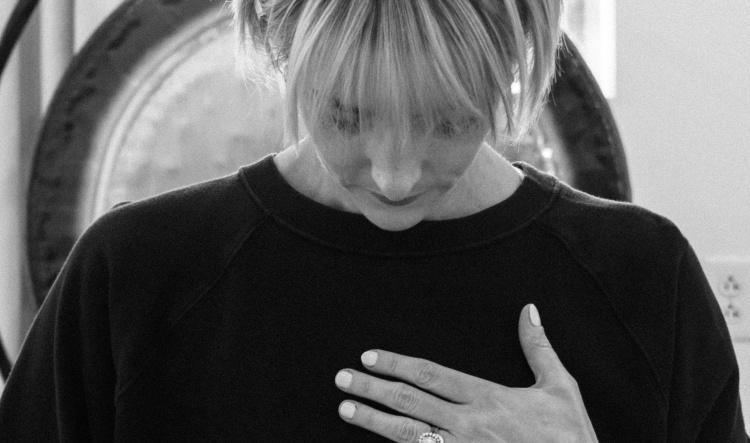What Is Emotional Regulation—and How Do You Recognize It?
Your mindset shapes the way you experience the world. It influences how you react to challenges, how you show up in your work and relationships, and even how you see your own potential.
Watch Clara in this video to hear what you'll be learning about in this course!
Let’s Rethink Productivity
What's covered:
What's Covered:
What's covered:
What's covered:
What's covered:
What's covered:
What's covered:
What's covered:
What's covered:
What's covered:
What's covered:
What's covered:
What's covered:
Watch Claire in this video to hear what you'll be learning about in this course! Seeking help with dating is a brave first step. It shows your commitment to becoming the best version of yourself in your dating journey. In this course, you'll discover that this self-improvement not only attracts healthy and compatible partners, but ultimately leads to your overall happiness. This course isn't about labeling dating skills as good or bad—that's not productive. Instead, we'll focus on a foundational principle: fostering and building confidence in your relationship with yourself.


